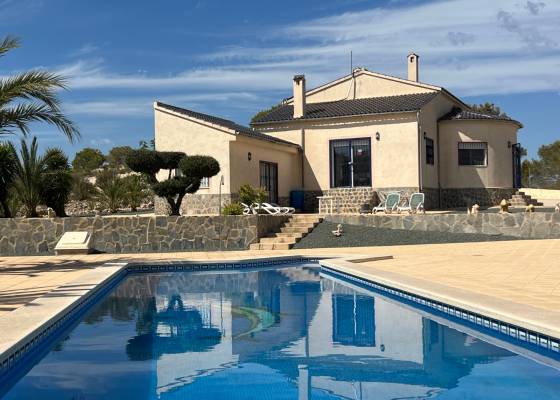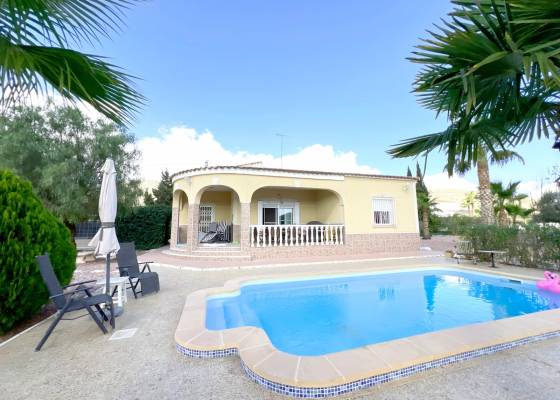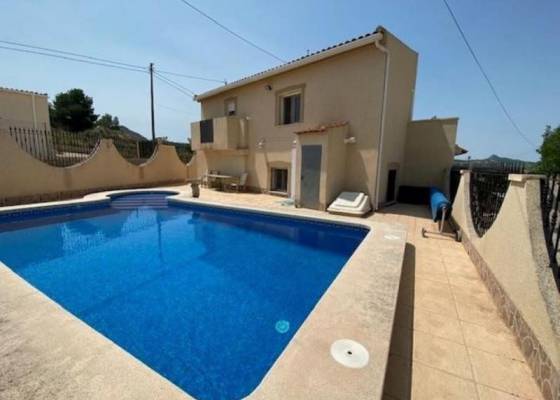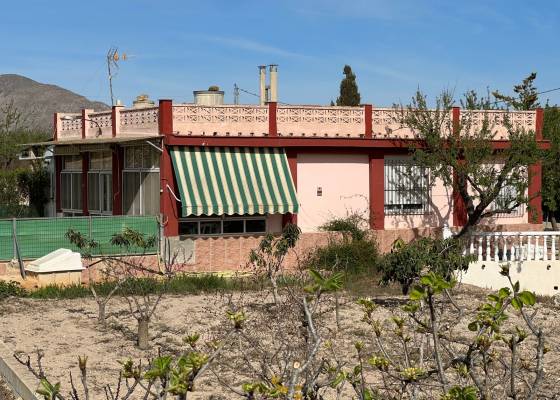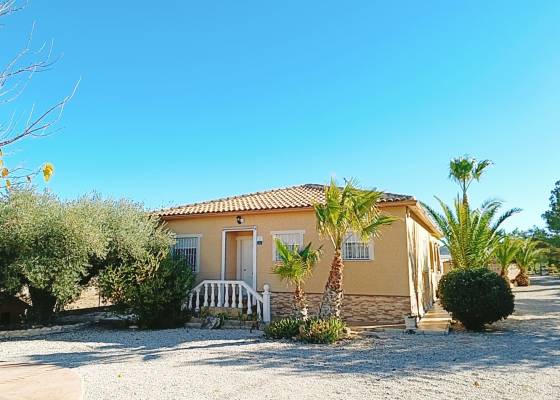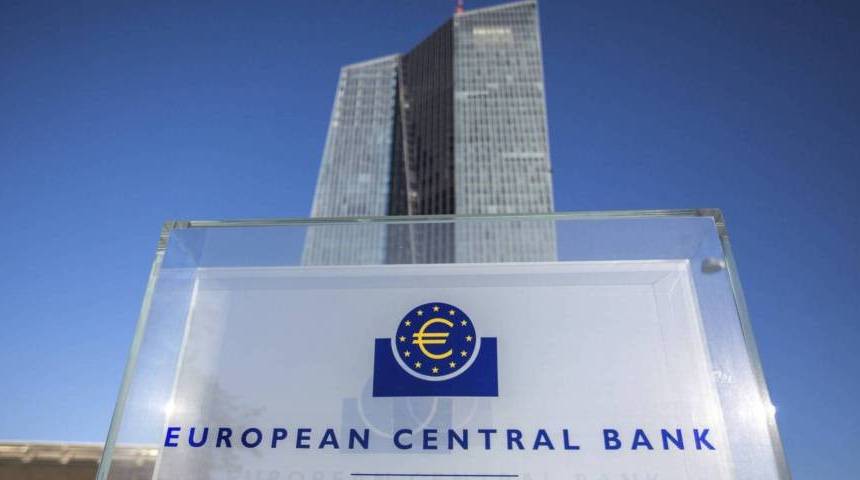
The ECB slows the pace of interest rate rises with a half-point rise to 2.5%
It is the fourth consecutive increase, after the rise of 0.5 points in July and 0.75 points in September and October, respectively.
It reviews inflation for this year upwards, to 8.4%, and forecasts a recession in the first quarter of 2023.
The European Central Bank (ECB) has raised interest rates again this Thursday, although it has done so at a slower pace than on previous occasions: the increase has been half a point, up to 2.5%, standing at levels of December 2008. This is the fourth consecutive increase since the first one undertaken by the European bank in July.
The supervisor's objective is to stop the rise in inflation, which in November closed at 10% in the euro area, far from the 2% target established by the ECB mandate.
Thus, after the increases of 0.5 points in July; of 0.75 points in September and October, respectively; and 0.5 points this Thursday, ECB interest rates are now at 2.5%. On the other hand, the credit facility, which lends to banks overnight, rises to 2.75%, and the deposit facility, for which it remunerates bank deposits overnight, up to 2% .
The supervisor is following in the footsteps of the United States Federal Reserve (USA), which this Wednesday also raised rates by half a point, and does not rule out new increases in the coming months. "In particular, the Governing Council estimates that interest rates will still have to be increased significantly at a sustained pace until they reach levels that are sufficiently restrictive to ensure that they return to the 2% objective in a timely manner in the medium term," it points out in a note.
The evolution of inflation and, to a large extent, of energy prices will depend on this. For now, a strong cold snap has already hit northern European countries in December, so their households may not save as much gas as expected with earlier predictions of a mild winter and inventories will run out further. quickly. In addition, strong wage pressures remain in the euro zone countries.
Raises the inflation forecast to 8.4% in 2022
The ECB has also revised its inflation forecast for the Eurozone upwards for this year, to 8.4% (three tenths more), and that for 2023, to 6.3% (eight tenths more). In 2024, it estimates that inflation will be 3.4% (1.1 points more); and it has advanced that in 2025 it will be 2.3%.
Excluding food, the agency expects core inflation to be 3.9% in 2022, rising to 4.2% in 2023 and falling to 2.8% in 2024 and 2.4% in 2025.
The ECB recalls that although inflation stood at 10% in November, six tenths less than in October, the increase in food prices and underlying inflationary pressures in the economy as a whole "have increased and will persist for some time". .
Forecasts a recession in the first quarter of 2023
Along the same lines, the agency forecasts that the Eurozone will enter a recession in the first quarter of 2023, because it expects a contraction of the European economy in the fourth of this year, which will continue in the following. "According to the latest projections by Eurosystem staff, if a recession were to occur, it would be relatively short and shallow," he adds.
"It would be relatively short and shallow"
After the Governing Council meeting, the ECB has reported that it is raising its economic growth forecast for the euro zone for this year to 3.4% (three tenths more than the previous forecast), but reducing that for 2023 to 0, 5% (four tenths less). In this line, it maintains those of 2024 at 1.9% and aims at 1.8% in 2025.
With this, he points out that what is expected is that "growth will be moderate next year", although it has been revised downwards considerably compared to previous projections. "Longer term, growth is projected to pick up as the current headwinds fade," it says.






